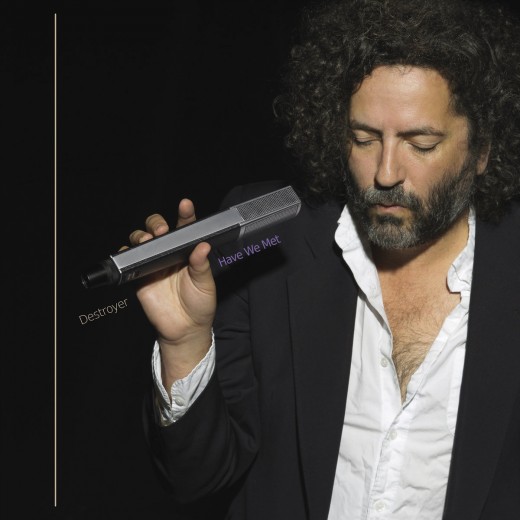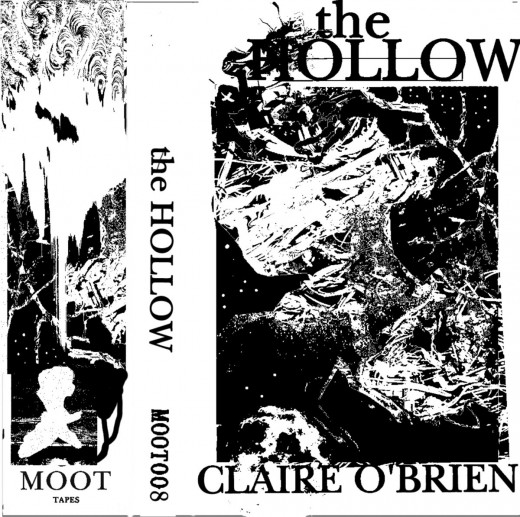Over the course of his 25 year career, Dan Bejar, the driving force behind Destroyer, has carved a reputation for bombastic stylistic shifts. Stemming from an overarching philosophy that is actively against forging personal connections with his devoted following, Bejar has consistently given with one hand and taken away with the other. Whether it’s playing shows with his back to an unacknowledged crowd, or lurching from a commercial peak to an avant-garde experiment, Bejar has built one of the most interesting and expansive indie-rock projects with one simple rule: don’t even dare try and guess our next step.
Have We Met, the thirteenth studio album by the band, is no exception. On this occasion, Bejar is seemingly most inspired by the rich sonic palette of glam rock, synth pop and post-punk, gently shaking off the gothic overtones of 2017’s ken. ‘Cue Synthesiser’, an energetic highlight, is the first Destroyer track to ever feature slap bass before descending into squalls of noodling guitar, whilst the glossy production of ‘It Just Doesn’t Happen’ is dappled with unashamed nostalgia for the ’80s. There are still the ambient rambles; ‘The Television Music Supervisor’ twinkles with sparse and woozy keys and nods to the lengthier ambient explorations on 2015’s Poison Season. ‘The Man in Black’s Blues’ is an undisputed high point, combining drum machines and an air of late night sleaze which somehow meld to form the album’s unlikely tender centrepiece.
There are very few mainstays on any Dan Bejar album, but those that are omnipresent include an absurd turn of phrase, poetic surrealism and outright gibberish. “Sing the least poetic thing you can think of,” he told Pitchfork earlier this year, “and make it sound beautiful.” If you accept this as his favoured method of songwriting, Have We Met becomes no more comprehensible, but much more palatable. ‘By famous novelist brothers/shithead number one and shithead number two’ is one easily-plucked example of Bejar’s unmatched lyrical looseness, as is ‘Kinda Dark’s’ ‘the palace has a moss problem/it grows in the dawn, the light.’ Among the literal nonsense, a rickety theme of modern dread permeates through the record, heightened by the masterful build of atmosphere (see the title track) and hidden in references to finding the silence ‘unbearable’, or the wonderfully baffling opening retraction on ‘The Raven’; ‘just look at the world around you/actually no don’t look.’
We’re still no closer to understanding the real Destroyer, but Have We Met is yet another reminder that that does not matter. We’re unlikely to ever do so; instead we must admire Bejar’s non-sequiturs, mystique and outright uncategorisable oeuvre while we’re lucky enough to have them. Dom Edge





